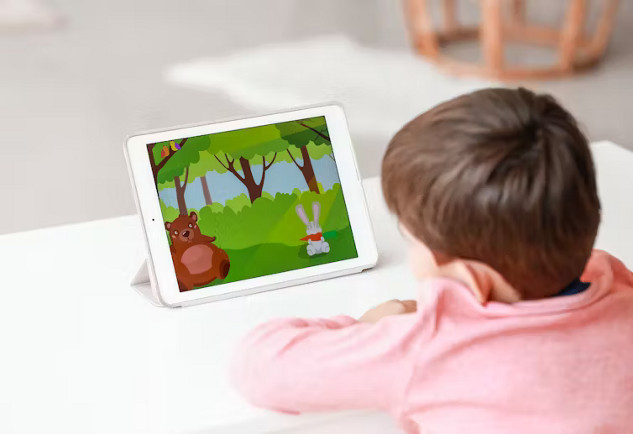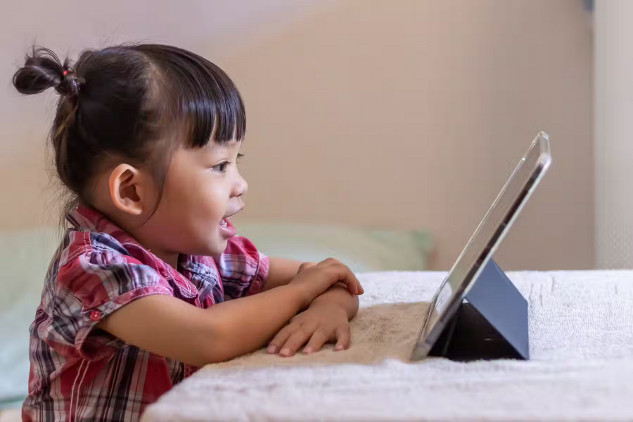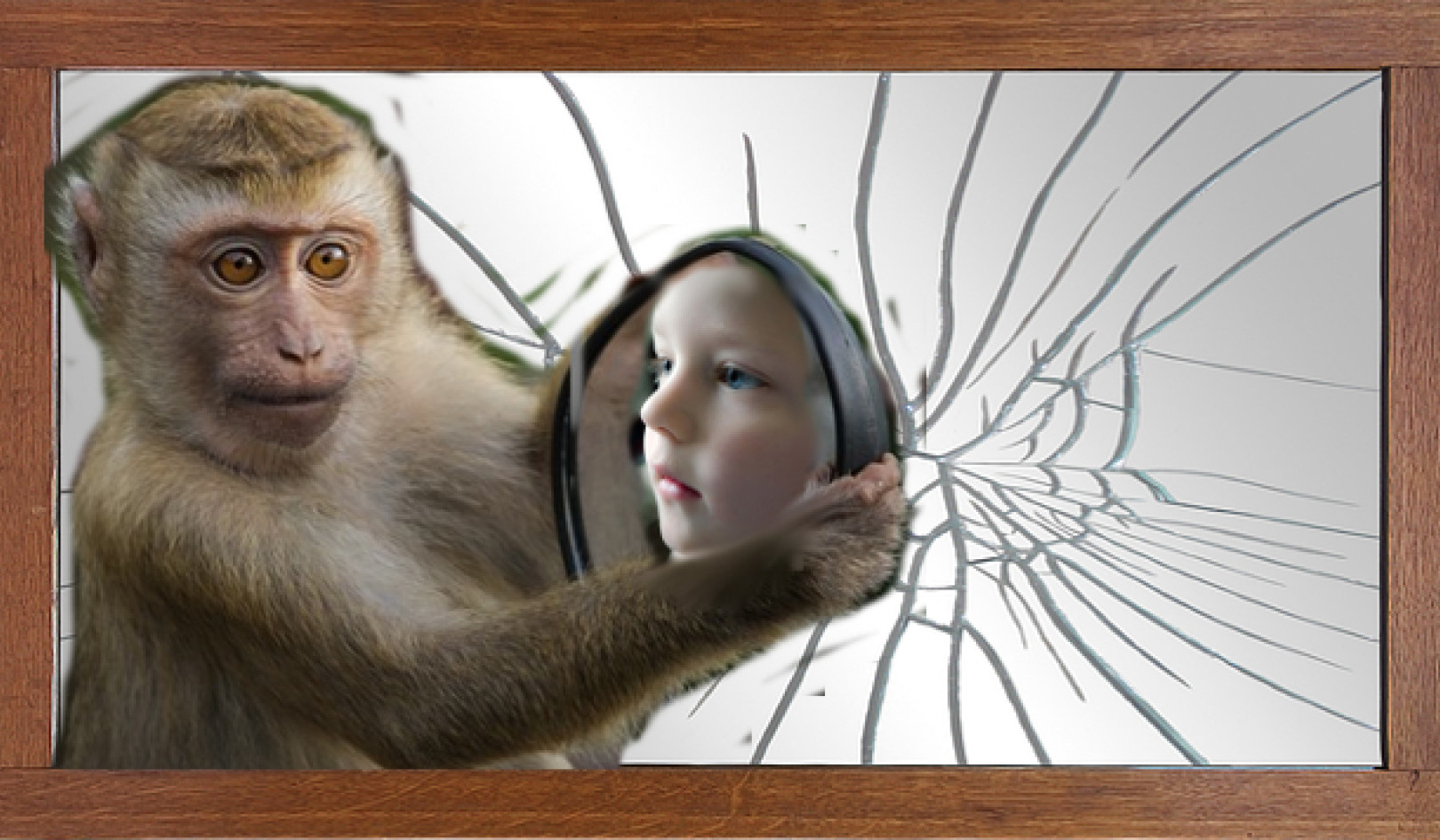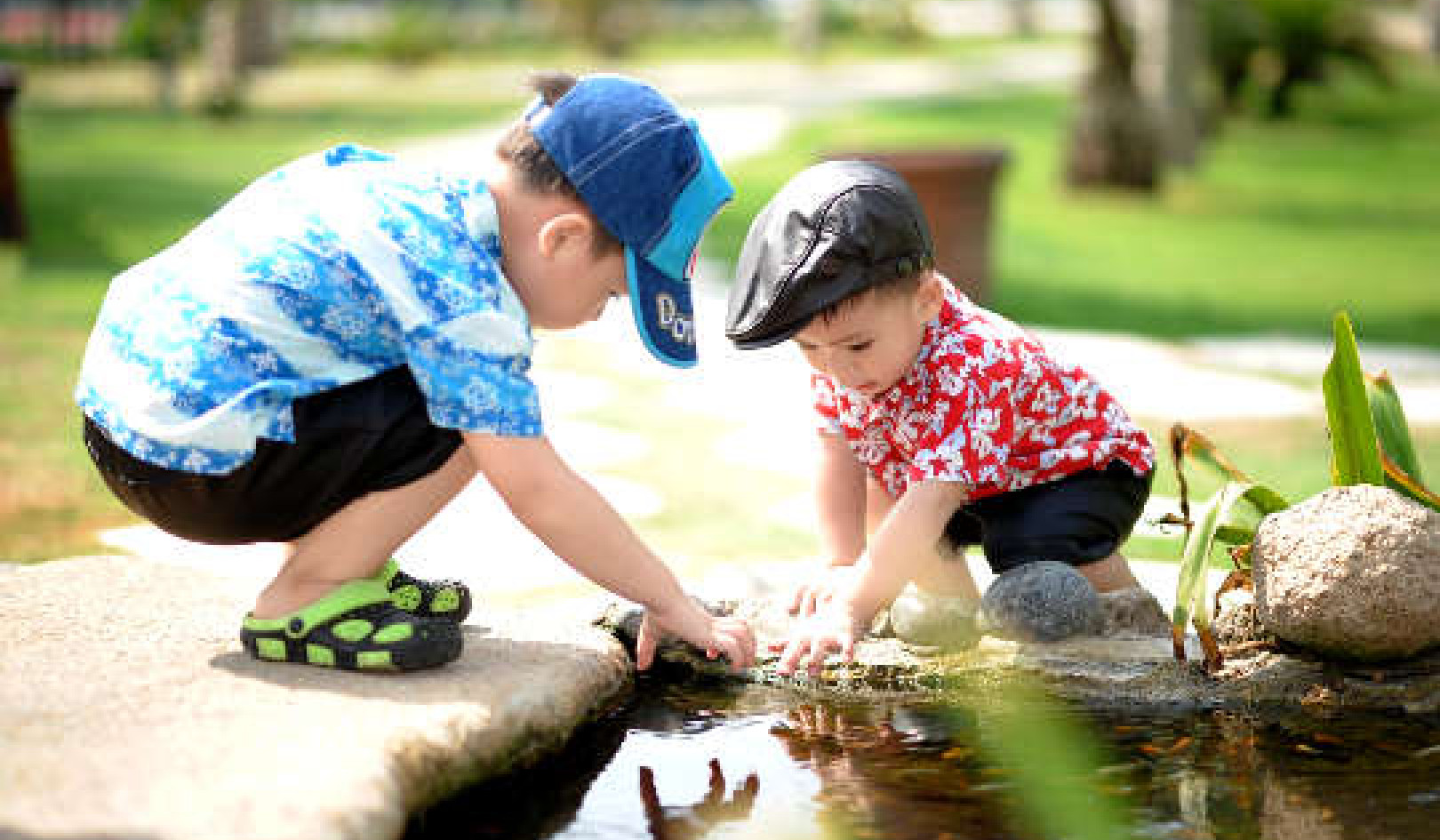
Tablets and mobile devices can be highly engaging for young children. However, they offer few opportunities for children to develop important emotion regulation skills, including the ability to manage strong emotions like anger and frustration. (Shutterstock)
In this Article:
- How does tablet use affect young children's emotions?
- What is the link between screen time and emotional outbursts in kids?
- Are children losing essential emotional regulation skills due to tablets?
- Can using tablets as a calming tool backfire for parents?
- What strategies can parents use to reduce screen time and improve emotional control?
Tablet Use by Young Children Linked to Emotional Outbursts
by Caroline Fitzpatrick, Université de Sherbrooke et al
The number of children who own their own tablet has increased from seven per cent in 2013 to 44 per cent in 2020. In the United States, tablet use has become nearly universal, with 93 per cent of parents reporting that their two- to four-year-old uses a mobile device.
Tablets and mobile devices can be connected to the internet and allow users unlimited access to tailored content thanks to personalized algorithms. For this reason, these devices can be highly engaging for young children. However, they offer few opportunities for children to develop important emotion regulation skills, including the ability to manage strong emotions like anger and frustration.
The early childhood years are foundational for the development of emotion regulation skills. More challenging, less well-regulated children also tend to be exposed to more screen time by parents. For this reason, it remains important to answer the following question: does children’s tablet use contribute to poor emotional regulation, or do poorly regulated children spend more time on tablets?
We and our co-authors addressed this question in a study published in JAMA Pediatrics.
Tablet use and emotional regulation

Our study found that for every 73-minute increase in tablet use at the age of 3.5 years, there was a significant increase in expressions of anger and frustration at age 4.5. (Shutterstock)
Over the course of three years, we longitudinally studied a sample of 315 children at the ages of 3.5, 4.5 and 5.5 years in Nova Scotia. Parents reported how much time their child spent using tablets on average every day, and reported how frequently their child expressed anger and frustration in the context of their daily routines.
Children in our sample spend on average 55 minutes (0.92 hours) per day using tablets at age 3.5, 57 minutes (0.95 hours) per day using tablets at 4.5, and 60 (one hour) per day using tablets at age 5.5.
We found that for every 73 minutes (1.22 hours) increase in tablet use at the age of 3.5 years, there was a significant increase in expressions of anger and frustration at age 4.5. Children who expressed anger and frustration more frequently at age 4.5 then increased their tablet time at age 5.5 by 17 minutes (0.28 hours).
Our study’s rigorous design also allowed us to compare each child to themselves over time. That means they served as their own baseline control, which prevents other factors such as pre-existing individual differences (such as child sex and temperament) or differences in the quality of the family environment or socio-economic status from confounding the analyses.
Kids’ tablet use
ecause of their small size, tablets can be transported to restaurants or brought along for car or bus rides to keep children busy or manage boredom and emotional outbursts. Indeed, parents report using screen media as a calming tool to help manage young children’s emotional outbursts. This strategy may be an effective short-term solution, but is likely to backfire in the long run.
In addition, very young children can operate tablets on their own, which can lead parents to use mobile devices to keep children busy. As such, child tablet use is likely to offer immediate gratification to children while remaining a solitary activity.
For these reasons, three-year-olds who spend more hours using tablets may forfeit opportunities to engage in activities — such as interactions with caregivers or free play with other children — that are essential for rehearsing and eventually mastering self-regulation. By the age of four, more frequent expression of anger also contributed to increases in tablet use, suggesting that early childhood tablet use could contribute to a vicious cycle over time.
Our study is not without limitations. First, our study was conducted during the pandemic with a convenience sample of 315 children with low levels of socioeconomic risk. Replications on more diverse and vulnerable samples post-pandemic are needed to confirm these results.
Future studies could examine the roles of screen media content and context of use on children. For instance, using tablets for e-book reading versus using a tablet to watch videos on YouTube may have different effects on children. Furthermore, the co-use of tablets with caregivers may offer more opportunities for social interactions, which may contribute to child learning outcomes.
Takeaways for parents and caregivers
Our results indicate that parents should closely monitor tablet use in the early preschool years. Parents should also avoid using tablets as a digital calming tool, especially with children who may be having trouble regulating their emotions and behaviour.
Finally, to improve emotional regulation skills, parents can ensure that children have sufficient opportunities to engage in activities that promote the development of emotion.![]()
Caroline Fitzpatrick, Canada Research Chair in Digital Media Use by Children and Its Implications for Promoting Togetherness: An Ecosystemic Approach, Université de Sherbrooke ; Fabricio De Andrade Rocha, Postdoctoral fellow, Group for Research and Intervention on Children's Social Adjustment, Université de Sherbrooke , and Gabrielle Garon-Carrier, Professor, département de psychoéducation, Université de Sherbrooke
Article Recap:
The study reveals that tablet use by young children is closely linked to increased emotional outbursts like anger and frustration. Children who spend more time using tablets may struggle with emotional regulation, contributing to more frequent outbursts. This research underscores the importance of monitoring screen time and offering young children alternative activities that promote emotional development.
This article is republished from The Conversation under a Creative Commons license. Read the original article.

Related Books:
Here are 5 non-fiction books on parenting that are currently Best Sellers on Amazon.com:The Whole-Brain Child: 12 Revolutionary Strategies to Nurture Your Child's Developing Mind
by Daniel J. Siegel and Tina Payne Bryson
This book provides practical strategies for parents to help their children develop emotional intelligence, self-regulation, and resilience using insights from neuroscience.
Click for more info or to order
No-Drama Discipline: The Whole-Brain Way to Calm the Chaos and Nurture Your Child's Developing Mind
by Daniel J. Siegel and Tina Payne Bryson
The authors of The Whole-Brain Child offer guidance for parents to discipline their children in a way that promotes emotional regulation, problem-solving, and empathy.
Click for more info or to order
How to Talk So Kids Will Listen & Listen So Kids Will Talk
by Adele Faber and Elaine Mazlish
This classic book provides practical communication techniques for parents to connect with their children and foster cooperation and respect.
Click for more info or to order
The Montessori Toddler: A Parent's Guide to Raising a Curious and Responsible Human Being
by Simone Davies
This guide offers insights and strategies for parents to implement Montessori principles at home and foster their toddler's natural curiosity, independence, and love of learning.
Click for more info or to order
Peaceful Parent, Happy Kids: How to Stop Yelling and Start Connecting
by Dr. Laura Markham
This book offers practical guidance for parents to shift their mindset and communication style to foster connection, empathy, and cooperation with their children.
Click for more info or to order























